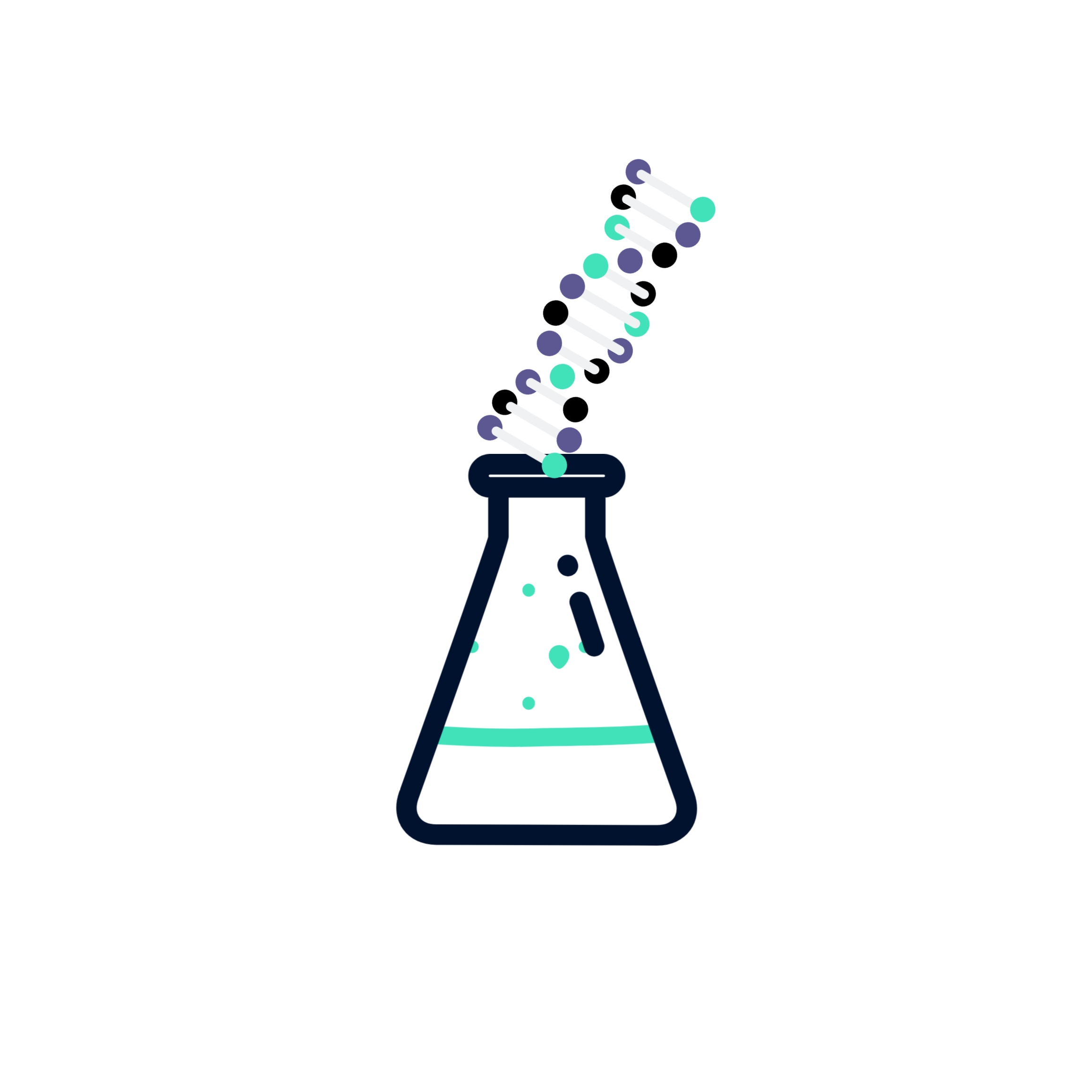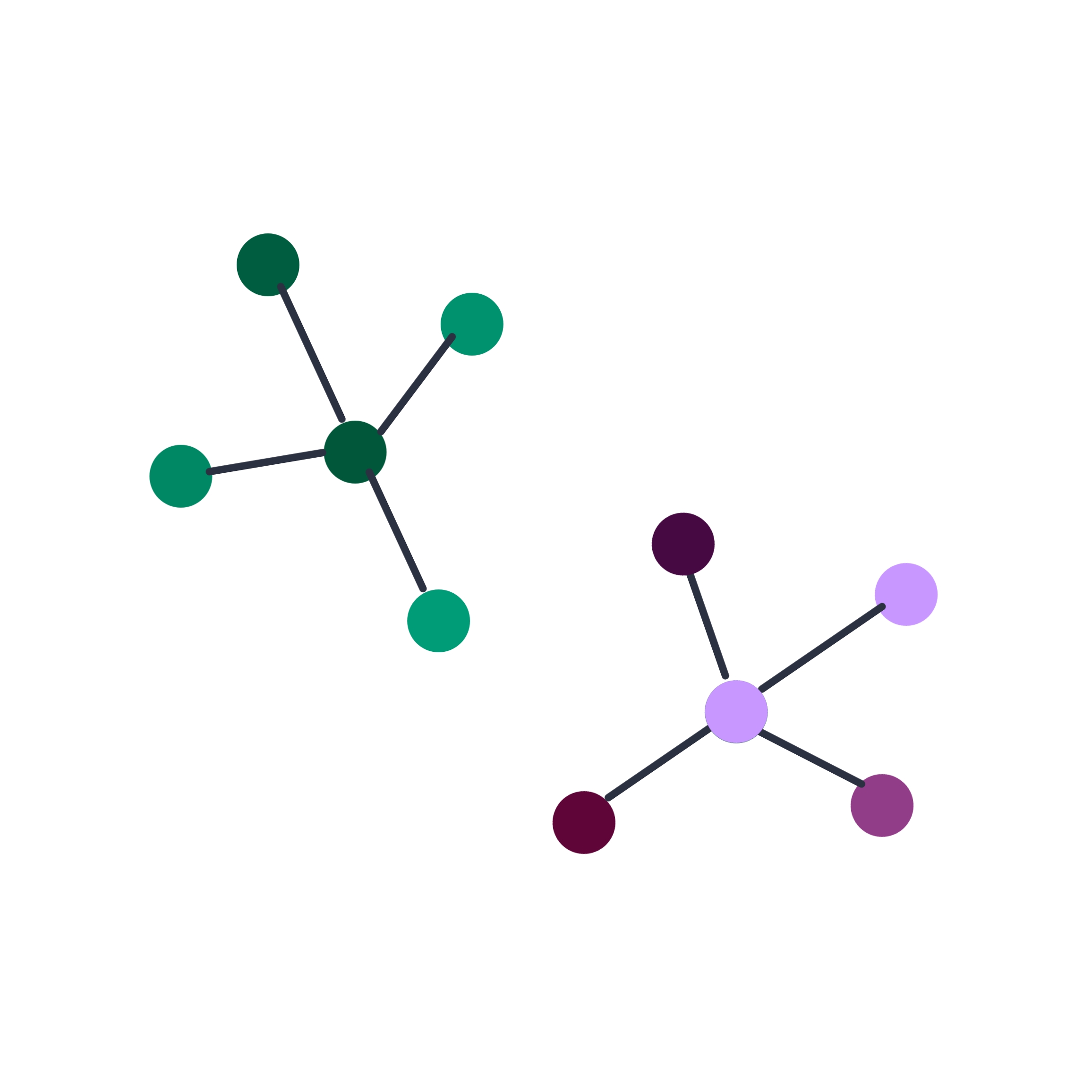Toxicogenomics
A powerful tool for safety assessment
SciLicium toxicogenomics studies represent a powerful tool for the safety assessment of pre-clinical candidates, as well as novel small molecule and commodity chemicals
Our experimental designs for toxicogenomic studies employ dose-response studies — from human-relevant levels to exposure levels used in regulatory studies — with a focus on identifying NOEL and benchmark doses useful in risk assessments and determining thresholds of toxicological concern.


Identify genomic response pathways to xenobiotic exposure
With a deep background in toxicogenomics and genetic and molecular toxicology, our team conducts studies aimed at identifying cellular and genomic response pathways to xenobiotic exposures. SciLicium studies can provide data in a timely manner to boost understanding of potential adverse effects and relevance to humans and facilitate informed decision-making.
With our fully integrated capabilities, SciLicium can deliver turnkey toxicology solutions that include gene expression profiling integrated into traditional studies. We will design studies for optimal downstream statistical evaluation, process samples by next-generation sequencing, and offer bioinformatics support to determine the biological relevance and significance of the data.
A comprehensive investigative toxicology approach
SciLicium staff has the scientific expertise to provide a comprehensive investigative toxicology approach to assess MOA by integrating genomic profiling into traditional toxicology studies and applying computational tools using a broad spectrum of model test systems. SciLicium can assess and integrate state-of-the-art or novel approaches to assist clients in decision making.
